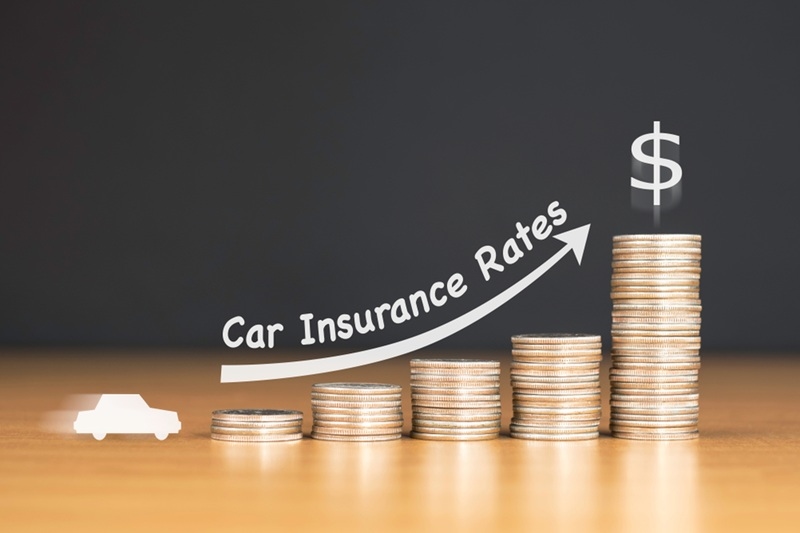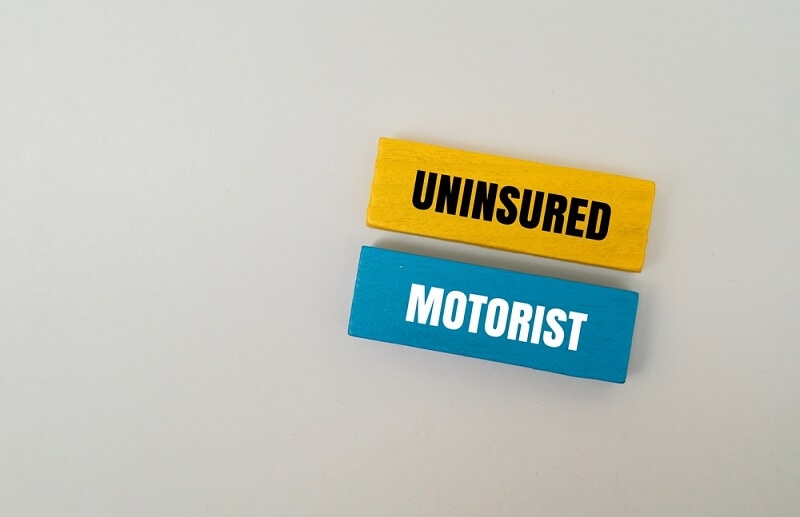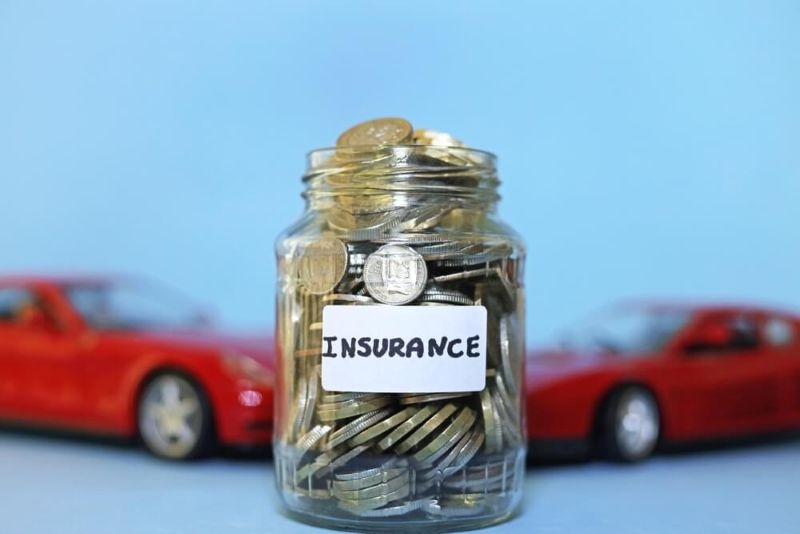How to Save Money on Car Insurance: Tips for Smart Drivers
How to Save Money on Car Insurance: Tips for Smart Drivers


Car insurance is an integral part of car ownership. This provides coverage in case of accidents, theft, or any unexpected events. But sometimes the cost to keep it in place is just too heavy. Drivers wonder if there's a way to get adequate coverage without burning a hole in the pocket. Well, there are many ways to save money on car insurance. Know your choices, take advantage of discount car insurance deals, and make sure to choose low-cost policies to ensure affordable car insurance without sacrificing quality.
Know Your Needs for Coverage
The first step to saving money on car insurance is evaluating coverage needs. Many drivers choose to have full coverage without ever realizing whether they need that coverage. Liability coverage-that is, damages to another vehicle or property in an accident you cause the minimum legal requirement in most states. In fact, for older vehicles, comprehensive and collision coverage may not be worth your while, as their market value is too low.
Tailor your policy to suit your needs so that you may not overpay for what won't benefit you. Check with your insurance provider or an expert to get the right balance between affordability and protection.
Shop Around for the Best Rates
Insurance rates vary widely depending on the company. The most effective way to get an affordable policy is to get quotes from several providers by comparing them. Take some time to research and request at least three quotes from your chosen insurers. Many sites have comparison tools that make the process easier, enabling you to view side-by-side comparisons based on your information.
Compare policies when shopping around and ensure that the coverages are similar with a comparable deductible. A low premium might sound good, but it has to match your needs.
Bundle Your Policies
Many insurance companies provide discounts to customers who bundle multiple types of policies, such as auto and home insurance. The savings on car insurance will be substantial, and bundling will also make management easier. If you have all your different types of coverage provided by separate companies, just call them up and ask about multi-policy discounts.
Bundling often creates additional benefits, such as the use of a single deductible if any claim involves both home and auto. This will save money besides curbing paperwork hassle.
Keep a Clean Driving History
A clean driving record often means the most significant factor in determining your insurance premium. Avoiding accidents, speeding tickets, and any other violation could make sure your rates stay low and qualify you for discounts on car insurance.
Through monitoring driver behaviours, insurance companies reward safe drivers in the form of telematics programs. Some give discounts for participating in programs wherein a device or an application monitors your braking, mileage, and speed. The higher your performance in these types of programs, the smaller your premiums.
Take Advantage of Discounts
Many insurers offer a wide range of discounts to help you save money on car insurance. Some of the most common discounts include:
- Good driver discounts: For having a good driving record for a period.
- Good student discounts: Given to good students by their excellent academic records.
- Low-mileage discounts: Provided to drivers who clock fewer miles per year compared to the average.
- Safety feature discounts: In case your car has features like anti-lock brakes, airbags, or anti-theft systems.
- Loyalty discounts: In case of renewals to old customers.
Be sure to get all available discounts when applying for a new policy or renewing your existing policy. Every little bit will add up in the long run.
Use a Higher Deductible
The deductible is the out-of-pocket amount that one needs to pay before your insurance starts to pay out to cover a claim. High deductibles significantly decrease monthly premiums, so that it becomes cheaper to get your car insured. Ensure, however, that you have some money saved to meet your deductible in case of an accident.
A high deductible is usually the sensible choice for drivers with excellent driving records and few or no claims. It spreads a portion of the cost burden among you and lowers the entire cost of your policy.

Consider Usage-Based Insurance
Increasingly, cost-conscious drivers are looking toward usage-based insurance programs. Such insurance programs set the premium according to your real-time driving practice rather than any statistical or demographical average.
Drivers who drive fewer miles, minimize traffic congestion, and drive more defensively may be rewarded with reduced premiums under UBI. These initiatives are widely provided by major insurers under many names, and often a telematics device or smartphone app is required to monitor.
Improve Your Credit Score
Many states use credit score as a determinant for your car insurance premium. Higher credit scores indicate a more responsible individual, hence less expensive rates. Improving your credit score may involve paying bills in due time, reducing your debt, and avoiding unnecessary credit inquiries.
Over time, improved credit translates into cheaper car insurance. Make sure to check your credit report often for inaccuracies and dispute errors that may harm your score.
Drive a Car That's Cheap to Insure
The car type will determine how much you are going to spend on insurance. Luxury and performance cars normally cost more in insurance premiums due to the high costs of repairs and the likelihood of theft. However, with the best safety ratings and a relatively low cost of repairs, vehicles often cost less in premiums.
Before buying a car, you should research its insurance costs. This way, you can choose the right car that suits your budget. If you already own a car, sometimes installing safety features can reduce your premiums.
Do Not Cover What You Do Not Need
Review your coverage to include options that do not benefit you. If, for example, you already carry membership in an auto club, you don't need roadside assistance with your policy.
You should also ask whether your rental car or gap coverage is relevant based on the circumstances of your insurance scenario. Customizing your policy to avoid unnecessary add-ons leads to cheaper policies without stripping away important coverage.
Pay Your Premium Yearly
Paying your premium monthly seems convenient, but most insurance companies charge you more for making instalments. If you can pay your premium annually or semi-annually, you'll save a huge amount throughout the year.
Some providers also offer discounts to policyholders who pay their premiums in full. Seek information from your insurer to know how much you may save by changing your payment structure.
Maintain Your Policy Alive
Any lapses in car insurance coverage may increase premiums when you get a new policy. The insurer might think that your gaps are indicators of more risk. Avoid this and ensure continuous coverage, even as you switch to another insurance provider.
If you will not be driving for some time, a non-owner car insurance policy can ensure you continue to have car insurance without needing a vehicle-specific policy.
You may also like to read: 5 Car Insurance Mistakes to Avoid
Conclusion
Saving money on car insurance does not have to be a complicated thing to do. Explore the car insurance discounts, compare rates, and tailor your policy to meet your needs to get a cheap cover that will give you peace of mind. Always check back on your policy, ensure your driving record is clean, and know how to lower your premium.
With these tips and tricks, one is sure to enjoy low-priced car insurance without quality and protection being compromised. Implement them today and witness a drop in insurance costs but financial confidence at an all-time high.
This content was created by AI



